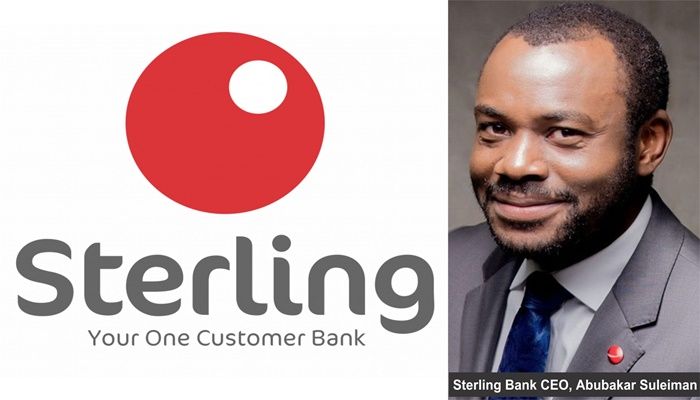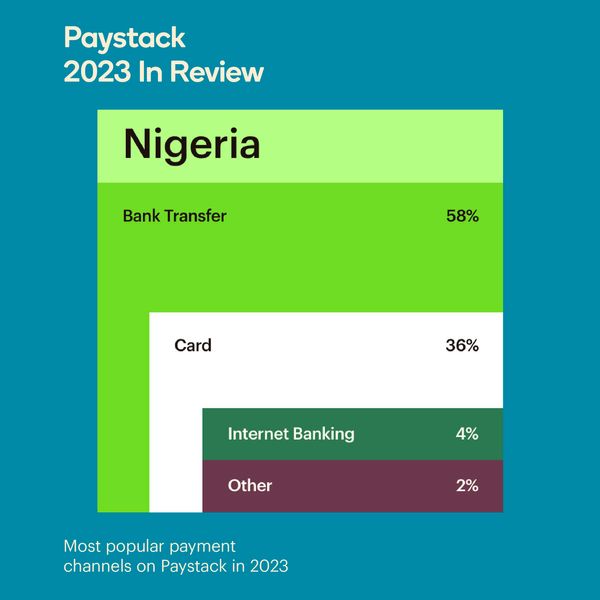In the days before smartphones, the relationship between banks and technology companies in Nigeria used to be that the latter built platforms while the former offered services.
Companies like Interswitch and Systemspecs are forerunners of today’s fintech boom, helping banks receive payments and extend services across platforms in the first decade of the 2000’s.
Today, fintechs and banks are converging in the business of building platforms and offering financial services. Starting off as platforms for singular products, fintechs are beginning to bundle services in ways that mirror the early stages of traditional banking.

Fintechs as frontend, banks become the backend
“People want to be able to bank the way they log into their Facebook accounts,” says Iyin Aboyeji, the co-founder of Andela and Flutterwave, and general partner at Future Africa Fund.
“The role of financial intermediation needs to move to the background while technology becomes the first and foremost point of contact for banking,” Aboyeji said.
The idea is that a transition to a digital wholesale banking system is inevitable. In this not-too-distant future, traditional banks become the back-office departments while fintechs interface directly (through their tech) with customers.
At the moment, fintechs and banks are engaged in varying forms of collaboration that may already be reflecting this frontend-backend dynamic.
For example, Kuda, the digital-only bank, has partnerships with GT Bank and Zenith Bank where Kuda users can make over-the-counter deposits in these traditional institutions to fund their app-based accounts.
Kuda also partners with Access Bank to allow its customers withdraw cash from the latter’s ATMs for free.
Piggyvest, the savings and wealth management platform, is a partner to Providus bank to create direct deposit account numbers for the fintech’s users.
Banks want specific, unique tech enablers
But contrary to the perception that they are dinosaurs, banks are not oblivious to changing consumer tastes for technology-driven convenience. Despite the exciting growth of fintech, banks still see themselves as well placed for the challenge.
Apart from human resources and regulatory spending, banks are spending more today on technology for financial services access than on real estate, Abubakar Suleiman, CEO of Sterling Bank, a Nigerian bank, said.
With Specta, a retail lending platform launched in May 2018, Sterling has offered loans of up to ₦50 billion ($139 million – $1: ₦360) at an average of ₦1 million ($2,777) per borrower. Over 500,000 requests have been received on the platform in the two years of operations, Suleiman says.

In other words, banks are able to do both aspects of customer acquisition and intermediation if there is no cost-saving incentive to outsource it to other parties. Wema Bank’s ALAT and GT Bank’s new fintech play are the early signs that banks are willing to take up the challenge themselves.
However, banks are indeed looking for solutions to problems they would rather not spend time building internally. Suleiman gives two examples of such external features: workplace collaboration tools, and the USSD system from telcos.
“We are looking for very specific problem-solving tech,” Suleiman says. “Nobody has given me a solution to the urban poor, and to the cost of managing cash.”
“When there is a technology platform that offers a far better proposition to the customer, it is not negotiable. Customers will decide where they spend their valuable naira.”
In essence, the future of fintech-bank relationships rests on meeting at a point of common needs, where original value is exchanged at mutually beneficial costs.
Beyond increasing user metrics, the partnerships should generate more productive value for customers, Suleiman says.
Fintechs and banks could do more to increase economic inclusion – providing access to capital and resources (education and health) that trigger productivity and quality of life – instead of financial inclusion, which has often been about merely digitizing access.










